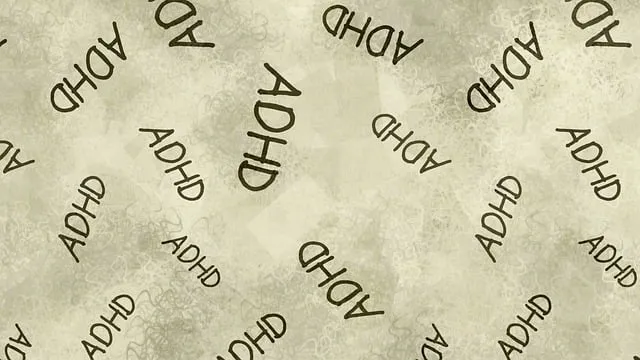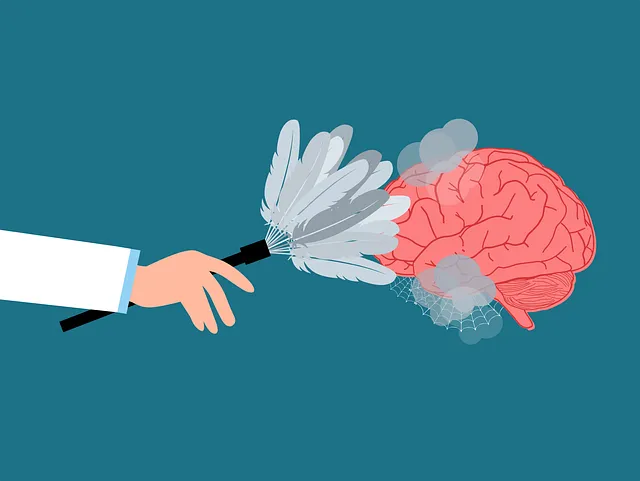Louisville's Kaiser provides comprehensive inpatient mental health services that include evidence-based Social Skills Training (SST). This approach teaches practical strategies for managing stress, fostering positive thinking, and navigating social interactions, breaking isolation cycles. Tailored programs focus on coping, emotional regulation, and safe interactions, enhancing social functioning and quality of life through holistic care.
Social skills training is a powerful tool for individuals navigating mental health conditions. This comprehensive guide explores its significance, delving into what it entails and how programs like Louisville’s Kaiser Inpatient Mental Health Services are revolutionizing care. We’ll uncover how this approach fosters connection, enhances well-being, and integrates seamlessly into personalized recovery plans. Discover the transformative potential of social skills training in addressing mental health challenges.
- Understanding the Importance of Social Skills Training for Mental Health Conditions
- What is Social Skills Training? A Comprehensive Overview
- Louisville's Kaiser Inpatient Mental Health Services and Their Approach to Social Skills Training
- Integrating Social Skills Training into Your Recovery Plan
Understanding the Importance of Social Skills Training for Mental Health Conditions

In the realm of mental health support, social skills training is a game-changer, especially for conditions like anxiety and depression that can isolate individuals. Louisville’s Kaiser, renowned for its inpatient mental health services, recognizes this. By offering specialized programs, they empower patients to navigate social interactions with confidence. Social Skills Training (SST) focuses on teaching practical strategies to manage stress, foster positive thinking, and enhance overall well-being. Through role-playing, group discussions, and real-life practice, individuals learn to confront social challenges head-on.
This proactive approach goes beyond treating symptoms; it equips participants with the tools to build and maintain healthy relationships, a crucial aspect of holistic healing. Stress Management Workshops Organization, for instance, has seen remarkable success in promoting Anxiety Relief through SST. By integrating these skills into daily life, individuals can break free from the cycle of isolation, improving their overall quality of life, much like Louisville’s Kaiser aims to achieve with its comprehensive inpatient mental health services.
What is Social Skills Training? A Comprehensive Overview

Social Skills Training (SST) is an evidence-based therapeutic approach designed to enhance individuals’ ability to navigate social interactions with confidence and ease. It involves learning and practicing specific skills necessary for effective communication, building relationships, and managing emotions in various social settings. SST is particularly beneficial for those struggling with mental health conditions, as it can help improve their social functioning and overall quality of life.
At Louisville’s Kaiser, for instance, their inpatient mental health services incorporate SST into comprehensive treatment plans. This includes tailored Mental Health Education Programs that teach coping strategies, emotional regulation techniques, and prosocial behaviors. For individuals dealing with trauma, Trauma Support Services within the facility offer specialized SST focused on safe and secure social interactions, fostering a sense of safety and empowerment. By combining these approaches, Kaiser aims to holistically address mental wellness, equipping individuals with essential skills to thrive in both personal and professional spheres.
Louisville's Kaiser Inpatient Mental Health Services and Their Approach to Social Skills Training

Louisville’s Kaiser Inpatient Mental Health Services take a holistic approach to patient care, integrating Social Skills Training into their comprehensive treatment programs. Recognizing that effective communication and interpersonal interactions are key components of emotional well-being promotion techniques, Kaiser focuses on teaching patients practical strategies for managing emotions and navigating social situations. This involves group therapy sessions where participants learn emotional regulation skills, practice role-playing scenarios, and receive feedback from peers and therapists.
Their approach emphasizes the importance of risk assessment for mental health professionals, ensuring a safe and supportive environment for all involved. By combining these evidence-based practices with a nurturing setting, Kaiser aims to empower individuals to overcome challenges associated with their mental health conditions, fostering healthier relationships and improved emotional regulation in daily life.
Integrating Social Skills Training into Your Recovery Plan

Integrating Social Skills Training into Your Recovery Plan is a significant step towards enhancing your mental wellness. Louisville’s Kaiser Inpatient Mental Health services recognize this, offering specialized programs that cater to individual needs. These initiatives go beyond traditional therapy by focusing on practical social skills development, crucial for navigating daily life and fostering meaningful connections.
Mental Wellness Coaching Programs and Community Outreach Program Implementation play a pivotal role in this process. Through these, individuals gain tools to communicate effectively, build relationships, and manage social interactions with increased confidence. Compassion Cultivation Practices are also integrated, promoting empathy and understanding, which are essential components of thriving in a supportive community. Such holistic approaches not only aid in recovery but also empower individuals to actively participate in their mental health journey.
Social skills training, as demonstrated by Louisville’s Kaiser Inpatient Mental Health Services, plays a pivotal role in enhancing recovery for individuals with mental health conditions. By integrating these comprehensive programs into recovery plans, individuals gain the confidence and abilities to navigate social situations effectively, fostering better mental well-being and improved quality of life. For those seeking support, understanding and accessing these resources can be transformative, offering a path towards more fulfilling interactions and overall mental health improvement.






